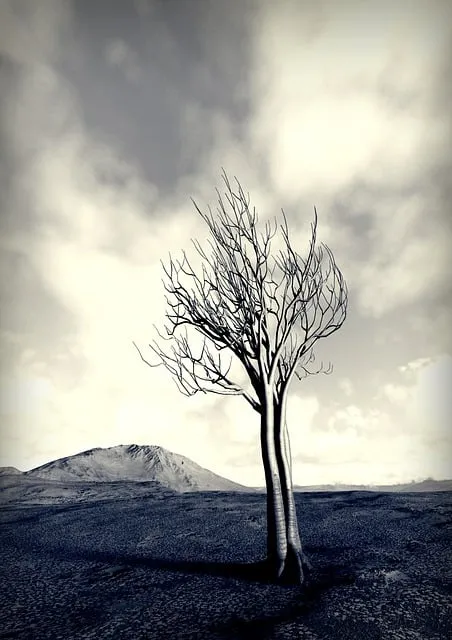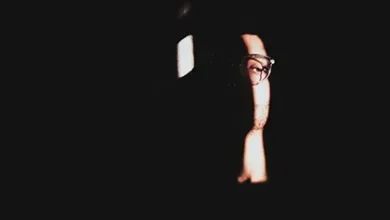Ang Lee’s ‘Gemini Man’: Is the Genre Framework to Blame for Its Divided Reception?

Ang Lee’s latest cinematic offering, Gemini Man, has sparked a fascinating and deeply divided conversation among critics and audiences alike. While many praise its visual ambition and place it respectably within Lee’s esteemed filmography, an equally vocal contingent finds it lacking. This polarization is not uncommon for any major release, but the nature of the debate surrounding Gemini Man feels uniquely pointed, centering on the inherent tension between a high-concept auteur’s vision and the rigid expectations of a mainstream action genre.
The film follows Henry Brogan (Will Smith), a elite assassin preparing for retirement who finds himself hunted by a mysterious, highly skilled operative. The shocking revelation? This new threat is a younger, cloned version of himself. This premise sets the stage for a confrontation not just between two men, but between a man and his own past, his regrets, and the very essence of his identity.
The Lee Paradox: Genre as a Conduit for Depth
To understand Gemini Man, one must first understand Ang Lee’s directorial signature. He is not a “pure” arthouse filmmaker in the traditional sense. His greatest works are masterclasses in using popular genre frameworks as vessels for profound philosophical and emotional exploration. Crouching Tiger, Hidden Dragon elevated the wuxia film into a poetic meditation on love and duty. Brokeback Mountain used the American Western to explore forbidden love and repressed desire with heartbreaking intimacy. Life of Pi transformed a survival adventure into a stunning discourse on faith and storytelling.
Lee’s genius lies in this alchemy—his ability to harness the kinetic energy and accessibility of genre cinema to loft heavier, more complex themes, making them palpable and powerful for a wide audience. The genre isn’t a cage for his ideas; it’s the wind beneath their wings.
The Cracked Mirror: Confronting the Self
So why does this alchemy seem less potent in Gemini Man? The central conflict lies in the film’s dual nature. On one hand, it is undeniably a slick, globetrotting assassin thriller, complete with high-octane motorcycle chases and precision sniper duels. On the other, it is a deeply personal, almost therapeutic inquiry into the self, a theme Lee has been meticulously dissecting throughout his career.
The core of the film isn’t the plot, which admittedly feels familiar, but the psychological confrontation between Henry and his younger clone, Junior. This encounter serves as a brutal mirror, forcing the older, weary assassin to confront the vulnerabilities, fears, and moral compromises he has spent a lifetime burying. Lee has openly stated that this dynamic reflects his own relationship with his past work and his younger self. Thematically, it’s rich territory: a Gemini-like duality of self, the illusion of perfection, and the acceptance of one’s own flawed humanity.
Henry’s journey is not about becoming a better killer, but about teaching his younger self to be a more complete human—to embrace empathy, doubt, and emotional fragility. These “softer” qualities, often dismissed in hyper-masculine action narratives, are presented not as weaknesses but as the true source of strength. This aligns perfectly with a recurring motif in Lee’s work: the power found in what traditional ideology deems passive or feminine, a concept he links to the Daoist principle of ‘Yin’.
The Unresolved Tension: When the Frame Fights the Art
The film’s shortcoming, however, is that these two halves—the genre shell and the philosophical core—never fully integrate. They exist in a state of constant friction. The deeply personal, reflective moments of Henry reckoning with his soul are consistently, and jarringly, interrupted by the demands of the thriller plot. The need to advance the action forces these complex internal explorations to remain surface-level, preventing them from achieving the profound, simmering depth characteristic of Lee’s best films.
It’s as if the “frame” of the action genre, with its inherent need for pace and visceral payoff, actively repels the deeper “ghosts” Lee is trying to introduce. Unlike Christopher Nolan’s The Dark Knight, which successfully mutated the superhero genre to accommodate profound themes of chaos and order, Gemini Man feels caught between two masters. The action sequences, while technically impressive, feel disconnected from the emotional throughline, and the philosophical musings feel like brief, unfulfilled interruptions.
This structural tension ultimately leaves both aspects undernourished. The thriller lacks the relentless, streamlined propulsion of a Bourne film, and the character study lacks the quiet, contemplative space to truly breathe and mature. The result is a film that feels both rushed and incomplete, a fascinating failure that is somehow more compelling in its ambition than many perfectly executed, yet soulless, genre films.
The Beauty in the Flaw: Imperfection as a Catalyst
Yet, there is a strange beauty in this imperfection. The very cracks in the film’s foundation mirror its central theme. Gemini Man is, at its heart, about accepting that one is not a perfect, seamless whole but a collection of contradictions, failures, and vulnerabilities. In this light, the film’s own narrative and structural flaws become a meta-commentary on its message.
Lee has always been a director fascinated by failure, by the “weak virtue” of enduring and persisting without triumphing in a conventional sense. His characters rarely win; they simply survive, understand, and continue. Gemini Man continues this tradition. It may not be a perfectly crafted object, but it is an utterly authentic and brave expression of an artist relentlessly questioning himself, his craft, and his place in the world. It is a film about the endless conversation with the self, and that conversation, like all of Lee’s work, is infinitely more valuable than any tidy, forgettable success.
As the saying goes, “There is a crack in everything, that’s how the light gets in.” Gemini Man is filled with cracks—between its star and his clone, between genre and art, between expectation and delivery. And through those very cracks, we catch a glimpse of Ang Lee’s unwavering, illuminating quest for truth.






